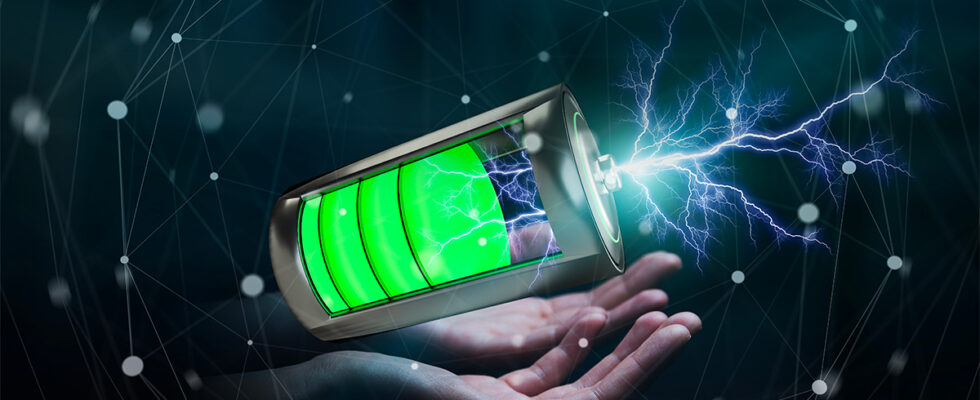The electric vehicle sector could be poised to take a significant step forward in terms of ecology and sustainability, thanks to a major breakthrough. A team of German researchers has developed an innovative process for recycling LFP (lithium-iron-phosphate) batteries, promising to reduce the ecological footprint of electric cars and reduce dependence on critical raw materials.

The intensification of the battery production to respond to the growing demand for electric vehicles pose seriously environmental challenges, especially regarding the extraction of the necessary materials. The search for cobalt and other precious minerals risks leading to increased exploitation of the seabed, a fragile and largely unknown ecosystem. This perspective raises concerns about irreversible impacts on the planet and highlights the importance of develop more sustainable alternatives for the manufacture of batteries.
The rise of electric vehicles, illustrated by the crossing of the symbolic milestone of one million vehicles in circulation in France, testifies to the growing enthusiasm for cleaner mobility. However, to support this trend and respond to climate goalsit is imperative to innovate in the battery recycling and of reduce their production costs. The DiLiRec project for LFP batteries and CATL’s announcement of a significant reduction in battery costs are initiatives that promise to strengthen this dynamic.
This company offers 2 solutions for recycling electric car batteries
Faced with the ecological challenges posed by the increase in the number of electric vehicles, the DiLiRec project emerges as a promising solution. Led by EAS Batteries and involving various institutions in Germany, this program focuses on two innovative methods of recycling of LFP batteries. The first one directly extracts active materials cells for their reuse. While the second, more traditional, separates chemical components to recycle and transform recovered materials into new raw materials.
The goal is clear: efficiently recover materials, thereby reducing energy consumption and dependence on limited resources. Michael Deutmeyer, at the head of the company, emphasizes the importance of recycle used batteries to support the growth of electromobility, in perfect harmony with the increasingly strict European directives concerning their manufacturing.
The benefits of this progress go well beyond the ecological aspect. In reducing the demand for lithium and other raw materials, this recycling process helps to anticipate the risks of shortages while reducing the environmental impact of their extraction. Moreover, the recovery of materials from recycling could lead to lower production costs for new batteries, making electric cars more accessible. This innovation therefore represents a giant step towards more sustainable and affordable electric mobility, and could well put Germany in a leading position in the green technology sector.
Source: deutscherpresseindex
